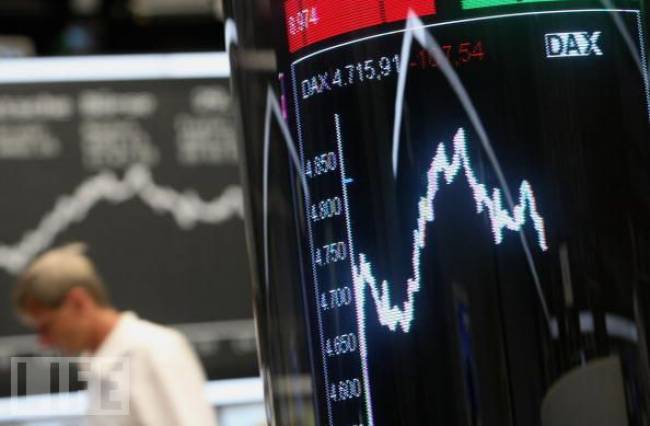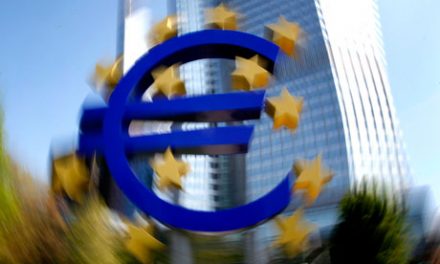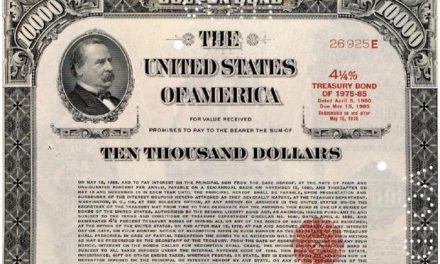CNBC
It was two years ago that a potential Greek exit from the Eurozone became the market's prime concern. But fresh concerns emanating out of Greece could once again have dire implications for global markets, Larry McDonald warns.
In February, 180 members of the 300-seat Greek parliament need to vote for the Greek president. If the support of these 180 members cannot be garnered, then a snap parliament election is held. This could lead to a victory for the Greek far left, which is opposed to European Union bailout measures. The political moves of a newly empowered left could thus lead to a Greek exit from the euro zone.
"Greece never left [the EU] in 2012, but the threat of it in June 2012 took U.S. equities down anywhere between 9 and 11 percent," commented McDonald, the head of U.S. strategy at Newedge. "We just went through that, and I think this is definitely a part of why we sold off, because the situation in Greece is definitely impacting the euro zone."
McDonald notes that the Greek concerns can be seen in Greek credit default spreads. As fears of a new Greek default have increased, those spreads have widened. In addition, he notes that spreads in France, Spain and Italy have widened alongside them.
"So what's happening in Greece clearly is taking other countries with it wider," McDonald said Tuesday on CNBC's "Futures Now." "That tells us that the legs and the length of it will depend on this credit situation normalizing."
Of course, not everyone is catching the Greece jitters. Earlier on CNBC, David Einhorn explained why he's currently investing in Greek banks.
"Greece already had its default, so a lot of its problems are behind it," Einhorn said. "The debt has been forgiven in some cases, restructured in other cases. Interest rates have lowered for the debt. A lot of the dent doesn't even pay interest for 10 years. Greece now has a long runway."
—By CNBC's Alex Rosenberg.



















